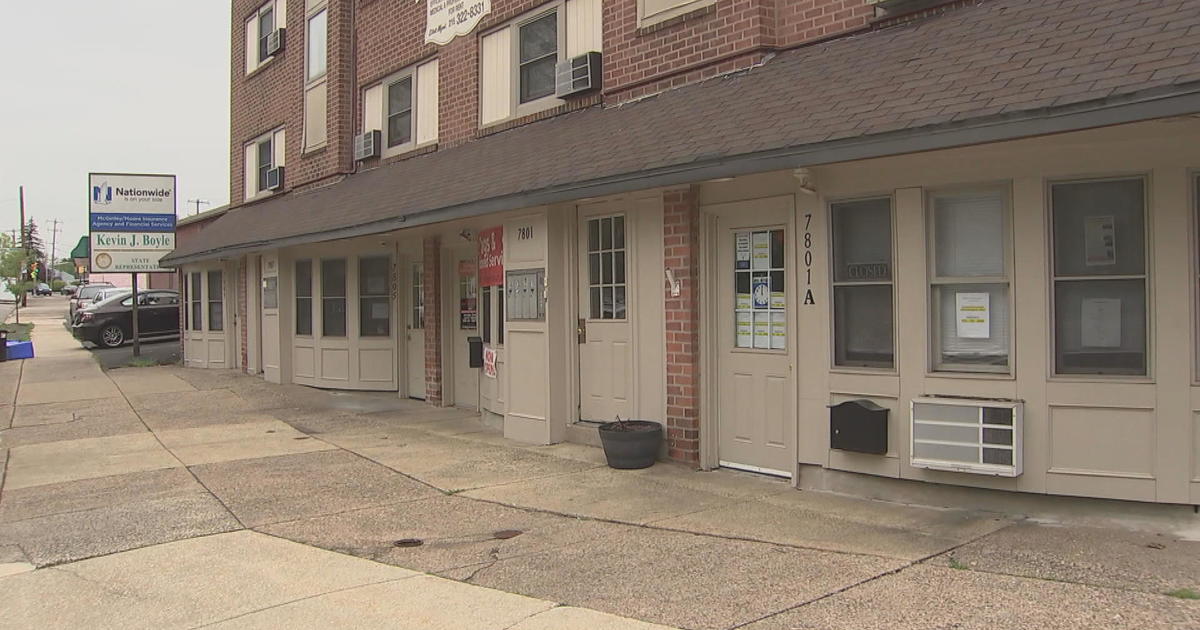3 On Your Side: Gas Prices Continue To Rise
By Jim Donovan
PHILADELPHIA (CBS) - If you've filled up your tank lately, you don't need us to tell you that gas prices are back on the rise.
This week, the national average price for a gallon of regular gasoline rose 14 cents over the past week and 46 cents over the past month to $3.78 per gallon. Winter isn't typically a time when demand rises at the gas pumps, but prices have climbed since late January. AAA credits a perfect storm of factors that started with Superstorm Sandy, and tightened supply. Nancy White, AAA Spokeswoman says, "We have about a quarter of the nation's refineries going through their annual maintenance right now and you combine all of that with a lot of refineries doing their switchover to winter to summer blends."
Spikes in gas prices usually send consumers looking for alternatives like public transportation or car pools. But if less time behind the wheel isn't an option, try some basic gas-saving advice. According to White, "Driving smart. Make sure your tires are properly inflated. Make sure you drive the speed limit. Get rid of the junk in the trunk and avoid those jack-rabbit starts and stops."
The good news? If gas prices follows last year's pattern, White says, "When you look back at 2012 as we approached April and may the start of spring break driving and summer driving season, prices started to fall."
This week, AAA addressed some common fuel claims:
Claim: Additives boost fuel efficiency.
AAA says: FALSE. The U.S. Environmental Protection Agency has tested "mixture enhancers" and found that few resulted in any fuel economy benefits. Consequently, AAA auto experts do not endorse such products.
Claim: Over-inflate tires and replace compressed air with nitrogen.
AAA says: FALSE. While too-low tires will decrease gas mileage, some people think over-inflating will do the opposite. All it will help, however, is to reduce your car's handling and make your tires wear more quickly. Keep tires inflated to the recommended pressure listed on the inside of the driver's side door. Save money by monitoring tire pressure monthly.
Claim: Open windows cause drag.
AAA says: FALSE. According to Consumer Reports, who tested out this theory, the air conditioner taxes fuel consumption more than the aerodynamic drag caused by open windows. Consumer Reports tested using a Honda Accord's air conditioner while driving at 65 mph and found that it reduced the vehicle's gas mileage by more than 3 miles per gallon. The effect of opening the windows at 65 mph (with the AC off), however, was not measurable. Technically, it's more fuel-efficient to leave your windows open.
Claim: A "gas out" or boycotts will force stations to lower prices.
AAA says: FALSE. You'll occasionally see plans to boycott gas stations to help reduce prices. While there indeed was a daylong boycott in 2007 that garnered national media attention, the resulting claim that prices dropped 30 cents overnight did not actually happen. Even if drivers avoid buying gas on a certain day, they'll have to fill up in the days before or after. A station doesn't make or break itself over a single day.



